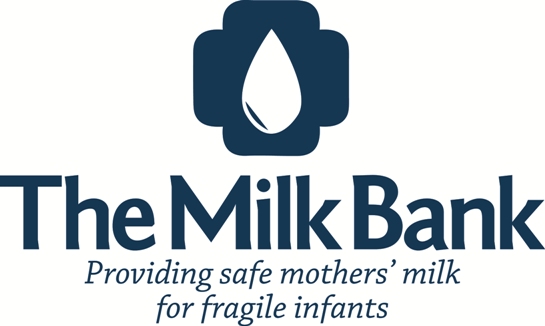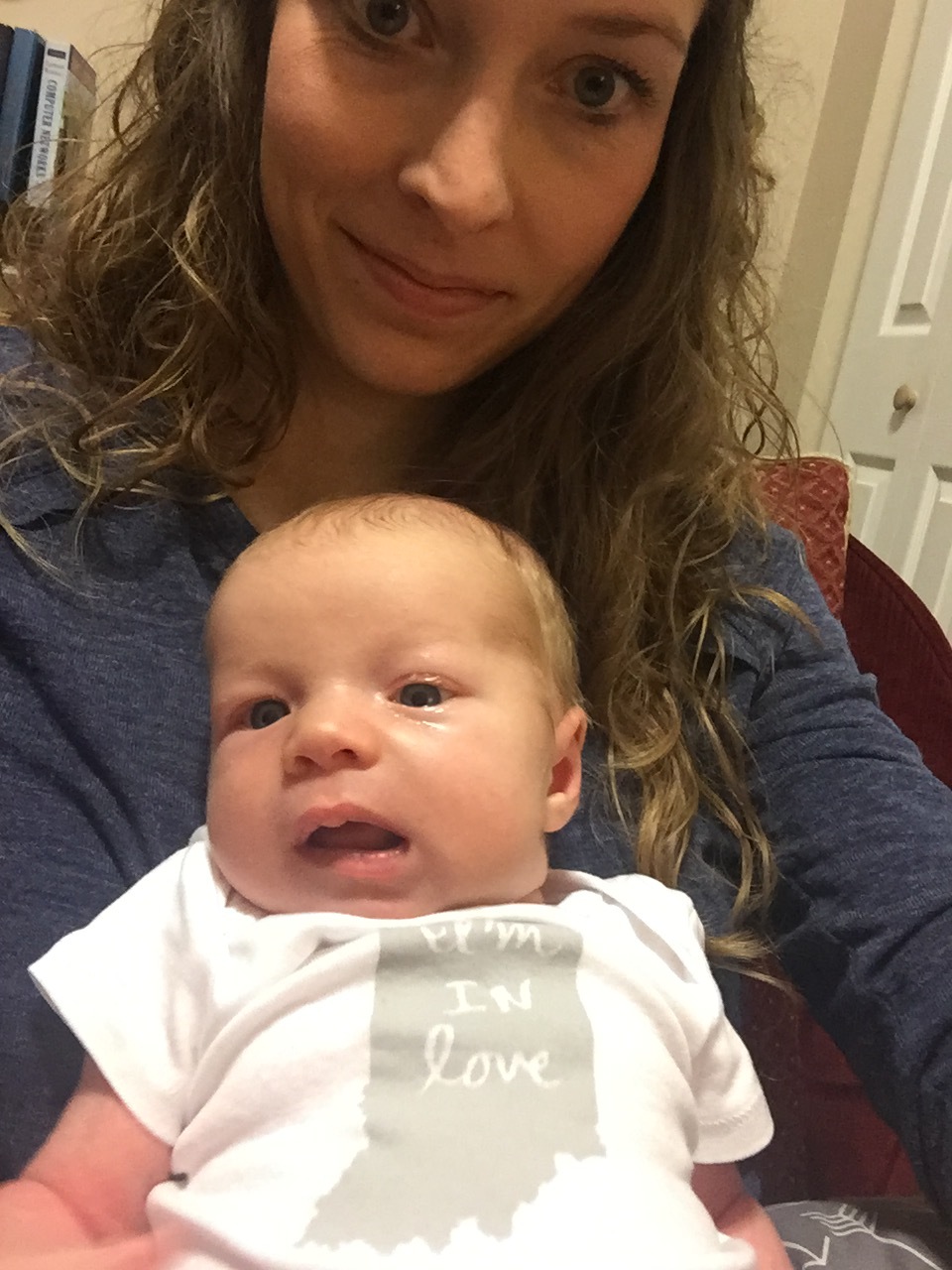I had the opportunity to meet the creator of the Pumpspotting App this last weekend - Amy Vanharen. This app is such a neat program that works to create a space for pumping/breast feeding mothers to come together. I was able to meet up with the Pumpspotting bus that is touring around the United States. It had come to Carmel, IN at Urban Chalkboard and it was so neat to get see what this company was working towards. Their mission is to make breast feeding and postpartum less isolating and more supportive at every stage of the journey.
Pumpspotting Tour Schedule - CLICK HERE
I honestly wasn’t super familiar with the Pumpspotting App, but I love the idea of having a space for women to support each other and help one another find good places to pump/breast feed their child(ren). If you haven’t seen the app before, definitely check it out.
This also made me think about the whole idea of “mom guilt” that can surround feeding your baby. So many mothers feel like there is a certain standard for the best way to feed your baby and have such emotional feelings about this topic. If you think about it, feeding your baby is one of the most basic and motherly instincts that you experience. Feeding your baby is challenging and whether you are formula feeding or using breast milk it is challenging to feed your baby around the clock. As a Registered Dietitian, I appreciate seeing the evidence and knowing what is scientifically proven when it comes to making nutrition choices a child. Using breast milk for babies is the most natural and the most ideal option for a term, healthy newborn. Formula is an amazing tool that has helped to provide well-rounded nutrition to those infants who need an alternative to breast milk. Working in a NICU, we use formula and additives all the time to help these small, preterm infants grow appropriately because they have increased energy needs. When it comes to feeding your baby, there are so many factors at play and each mom/baby are different and each pregnancy is different. Making that choice that is best for you and your baby is important.
Having a community to help support you as a mother is key. Whether is an app like Pumpspotting, a group like the CityMoms or close friends you trust. Parenting is hard and as a mother feeding your baby is tough. If you choose to breast feed, that can be extra challenging at times as well. I am so happy to see that there are moms out there working to build one another up and support each other! Here’s to you mama and all that hard work you put into caring for your child(ren).
Read More







